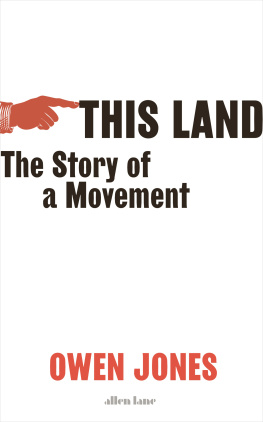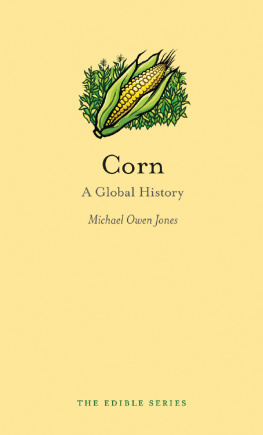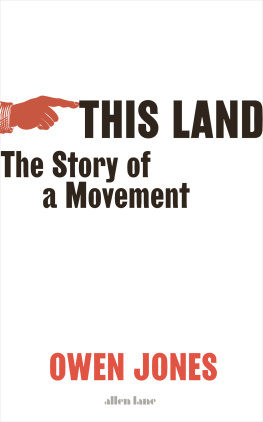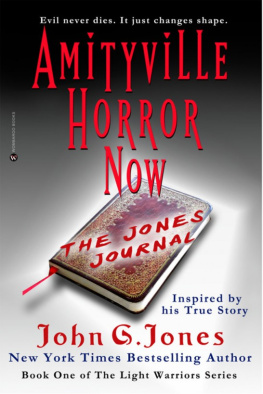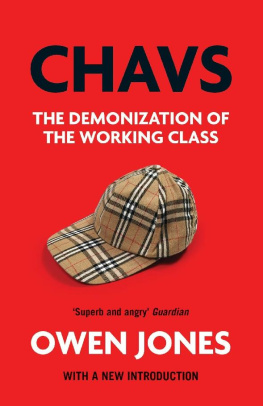FADED COAT OF BLUE
By Owen Perry
AVON BOOKS
This is a work of fiction. Names, characters, places, and incidents are products of the authors imagination or are used fictitiously and are not to be construed as real. Any resemblance to actual events, locales, organizations, or persons, living or dead, is entirely coincidental.
To the Welsh, Scots, and Irish
who built America while the English werent looking.
In Adams FallWe sinned all.THE NEW ENGLAND PRIMER,Seventeenth Century
Chapter 1
A sentry with troubled bowels discovered the body. A shock it must have been for the boy. He fired off his rifle and the Good Lord knows what else, then ran up through the mud and fog to his camp. I do not fault the lad, you understand. A soldier may be brave easily enough with his comrades all about him. But a boy new to service, touched with sickness and with the autumn chill upon him, such a one might be forgiven a wallop of fear when he tumbles over a dead officer in the pursuit of a winkle of privacy.
He should not have left his post, of course. That he should not have done. But they were all the greenest of soldiers in those days. As green as Gwent. Their days were full of drill and boasting, but well I know the nights of a soldiers doubt. So I understand what the lad felt, when he found the fairest of young men bedded down in the morning dark with a bullet through his heart.
The rest arrived at a ran, slopping down through the mire the storm had left, and a dangerous pack they were. Lads in their unmentionables, with cartridge boxes flapping and rifles poorly handled. Sergeants bellowed. Company officers stumbled as they tried to run and draw on their boots at the same time, tripping over swords they had not mastered. Wet and weary they were. And some fool blasted a bugle.
I was not there. I am reconstructing events. But I have known many a camp surprised by a creeping enemy or a stray cow, and there was always a terrible confusion at the first. So I see them flushing out of their tents at the sound of their sentinels shot, eyes hungry for more light and hearts in an uproar. I hear the voices of the weaker souls, crying out that the Rebels were upon them, and aimless shots.
When no one fired back, they settled a bit, and the light rose. Young Private Haneyfor that was his nameblundered in leading a party down to his discovery. They slipped in the muck of the hillside, where the men had torn away each last twig for their camp-fires, and cursed relentlessly, though profanity helps no man. At last, they reached the body, down in the ravine, lying a pistol shot from the military road. They told me the dead man looked like an angel fallen to earth, but some of them were Irish and given to adorning language.
Later, they would all learn a muchness of death. More than any man should know. But let that bide. Their regiment was too new to have been at Bull Run, and the corpse was the first most of the men had seen. I do not count those taken by typhoid and the like, for that is a natural thing. This death was unnatural, and they knew it in their souls. The newspapermen wrote that the dead officer possessed the countenance and voice of a sweet, blessed saint. They had written that even before his death, after which no commentary might be trusted. The young man was known, and beloved, and should have lived long.
The soldiers who stood over his body were rugged lads from the highlands of New York, hill farmers. They were not great readers of the newspapers, and they certainly would not have left their fields for a lecture on the evils of slavery. They were men who worked hard, tillers with settled eyes and small expectations even in their youth, and their shoulders were oxen. They admired the officer in hie death, but could not fix him with a name, and only stood about, uncertain what to do, looking down on his beauty. He was not of their regiment, and not of their world. Not even a sergeant dared touch his fine blue coat.
It took the officers to recognize him. Officers are terrible ones for spotting the bad in a situation, and not a few soon make it worse. I spoke with them later, in the course of my inquiry, and they told me how it was. At first, they, too, caught the fear of an attack and went about rallying the menvaliantly, to hear them tell itbut with the climbing of the light Captain Steele made his way down to the party gathered over the corpse. He thought he knew the face that lay before him, but he had been a lawyer before he took up arms and went cautiously about things. He waited until Major Campbell, the adjutant, joined him.
Now Campbell was a great Scotsman, and they are devils in the morning, see. He come down barking and settling his belt, sword in his hand. He had been a politician in his county, and that sort is ever more given to speech than to thought, although base calculation is not beyond them. The men moved aside for their major, and he saw the still, white face with its frame of golden hair, and brayed for all the world.
Well, Ill be damned and resurrected, he said, and I am certain he was half correct. Thats Anthony Fowler.
It was a death that changed my life.
I was not there, for my regimental days were behind me. I had failed my new country at Bull Run, but a Welshman is a tenacious thing when you spin him up and I was a clerking officer now. I missed my Mary Myfanwy and longed to return to her, but duty is not a thing that will let go of a man if he holds the least worth. When the call sounded through the ward for men who could figure accounts, I stood to it. That I still could do for our Union. My leg pained me, I will not lie to you, but I would have walked through serpents like a Hindoo holy man to leave the stench of that hospital behind. Twas the smell of bad butchering.
So I was not in that encampment south of the Potomac on the second of November, in the Year of Our Lord 1861. Nor was I in any camp or fort of the hundreds ringing our capital. Nor was I in my bed at Mrs. Schutzengels boardinghouse, though as a middle-aged man of thirty-three I was ever glad of its warmth. No, ladies and gentlemen, that morning I was down at the depot below our unfinished Capitol, waiting for a trainload of trousers.
Twas but four in the morning, with the world black and shivering. There had been a great rain and blow in the night, and a window-rattling as if death himself had gone walking. It had barely stopped when I left my bed. The cold was enough to make a man want shelter, but the depot hall was locked to keep out the drunkards lamming from the provost marshal. Carters bunched in the streets, their horses slithering wet and wagons creaking.
There were always loaded wagons about the depot. The war was a great benefit for tradesmen, a matter I was studying in my new position, and space for goods on the trains was a precious thing. Men fought with their fists and their dollars for right of place. The Marylander bridges were not in steady repair, and even when they were up the government seemed to favor Mr. Camerons Harrisburg line, which took the long way about, over the short route to Philadelphia. It made for a great wanting of trains. There was always more cargo than capacity. It was a new world of steel rails and high business, and we were learning it in the midst of a war, and there was more than a whisper of dishonesty in these matters. A man would have expected all of the cargoes to come into Washington to support our army, with little returning to the north. But all around me wagons rich with cotton and tobacco wedged toward the rails, and I did not think all was of legitimate provenance. But let that bide.
I stood under a gaslight, doing figures. The rain was not above a tardy splash, but no time is to be wasted, as my Mary Myfanwy would have said. There was cold, but a man must learn to appreciate his advantages. With the heat behind us for the year, Washington did not stink so badly, and that was a blessing. Now I am an old bayonet and a veteran of John Companys fusses, and my nose has not been stuffed with violets from the cradle up. But I tell you I have never smelled a great stink like that of Washington in the summer. It filled me with wonder, when first I met it face to face. Neither your Seekh nor your wild Afghanee would have lived amid such a terrible odor, but would have run screaming. A wild, dirty, unfinished little place it was in those days, our Washington. To a man who had seen London, Delhi, and Lahore, it was not much at all. Pardon me the sin of pride.



